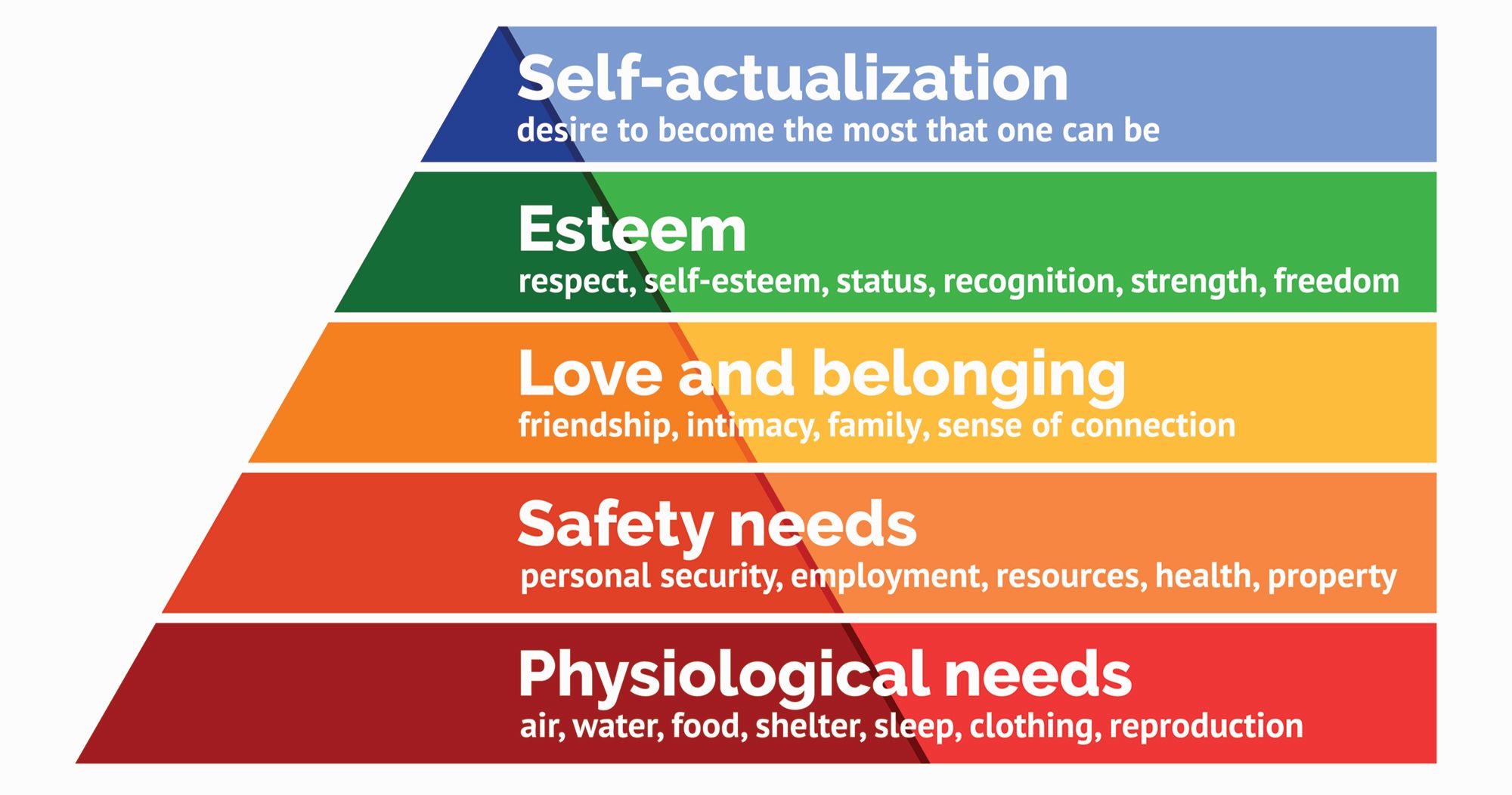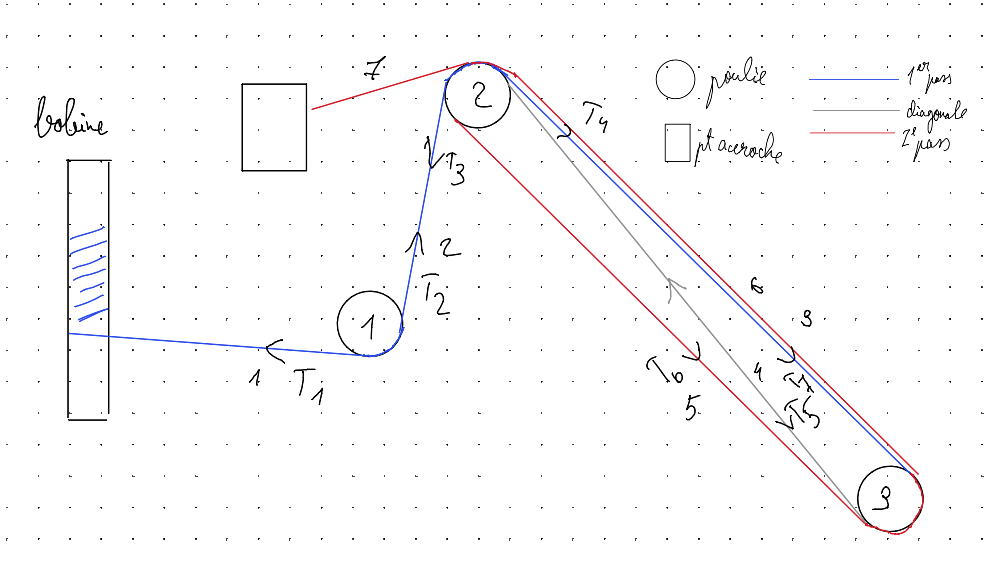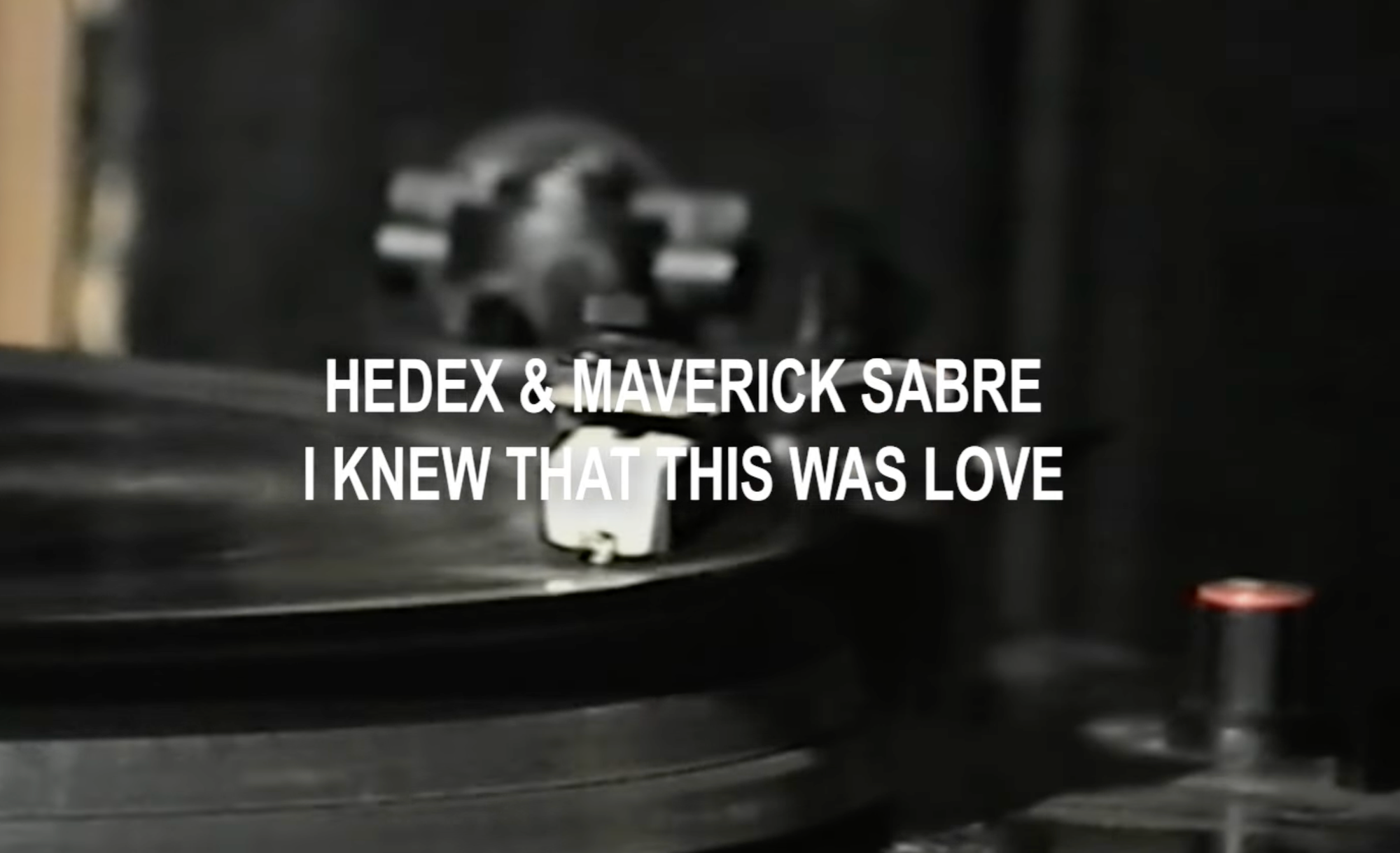How Important is Personal Recognition in our Lives?

While reading Chris Bailey's blogpost I came across this sentence describing achievement – "personal success through demonstrating competence according to social standards". This blew me away. Our success being defined by our peers, colleagues, friends and family makes it so much more difficult to obtain. Until then I perceived achievement more so as a personal thing that can be reached through self-set goals. Reading that sentence made me realise that I do search a certain amount of recognition for my work. Who does not? Being recognised for our jobs makes us feel useful, as if we had a purpose.
In "A Treatise Concerning the Principles of Human Knowledge" (1710) George Berkeley argues that to be is to be perceived. Based on his works, a thought experiment has been formed: if a tree falls in a forest and no one is around to hear it, does it make a sound? A tree falling causes a vibration of air particles, this vibration can be translated to a sound within the ear, but if there is no ear to catch the vibrations there is supposedly no sound. If we take this thought experiment and compare it to our own situation we could say that we do not have any sort of purpose if there is no society to perceive us.
Two centuries after Berkeley there's Abraham Maslow, an American psychologist, who publishes a paper called "A Theory of Human Motivation". In it figures a ranking of human needs now known as Maslow's Pyramid of needs. This hierarchy suggests that we need to first fulfil the base of the structure before moving on to the next level. It is not possible to build into thin air. There are five different levels of needs, the fourth from the bottom being esteem. Esteem needs can be broken down into respect by ourselves and respect by others. This means that even if we do manage to respect ourselves we supposedly cannot move onto self-actualization without the respect of others.

To a certain extent we all crave personal recognition. Proof of it are notifications. Every little sound and banner means that someone has noticed us. This being said notifications received are not always directed to us though, we have randomised rewards for checking our phones. Either we do receive the personal recognition (the reward) or we just receive an ad from Uber Eats that calls us out on eating too healthy. This structure resembles a slot machine, but that is another topic.
I am not trying to argue that we should try to set ourselves aside and make our sole purpose to serve others. I just want to shed light on the idea that it is not as simple as just working in our own little corner and feeling a sense of achievement. We are social animals, thus we need social interactions. Some of us less than others but rarely can we go completely without them. The next hurdle is that we cannot really ask for recognition because this would make it feel ingenuine once we do receive it. The only thing we ourselves can do is to consciously recognise others and build some good karma.
In everyday life personal recognition is mostly thought of in a work situation but I believe that it is just as important in other types of relationships. Between family and friends recognising that a person has put effort into a personal or work related project can motivate the person at hand to keep going and thrive for greatness.
Here are a few tips for recognising others that apply for both – work and personal situations:
- Say it when you believe it:
We often see something amazing or well done. How often do we give a compliment about it though? It is easy to postpone the complimenting. The longer we wait the more we start to doubt if the compliment is even necessary to give at all. It is best to give the compliment straight away even if it is not perfectly crafted.
- Tailor your compliments:
If there is no specificity in a compliment it is just a phrase that can be thrown around randomly. Being specific makes the compliment personal, tailored for the situation. Instead of saying "good job with the presentation" try diving deeper: "You did really great job with the illustrations and graphs, they really helped to get the point across."
- The little things:
Recognising bigger achievements is one thing but this does not mean we should stop being polite otherwise. Thank people for the little things as well.
This Week's Suggestions:
🎬 Why Maslow's Hierarchy Of Needs Matters:
A very pleasant breakdown of Maslow's Hierarchy of Needs. Some extra context about Maslow and an explanation of the rest of the 4 pillars as well.
🗞 How to recognise others' work:
The article I used to get inspiration for the last part of the blog. It is very much work-centred, but still a great resource.
That is all for this week! Have a great one!




